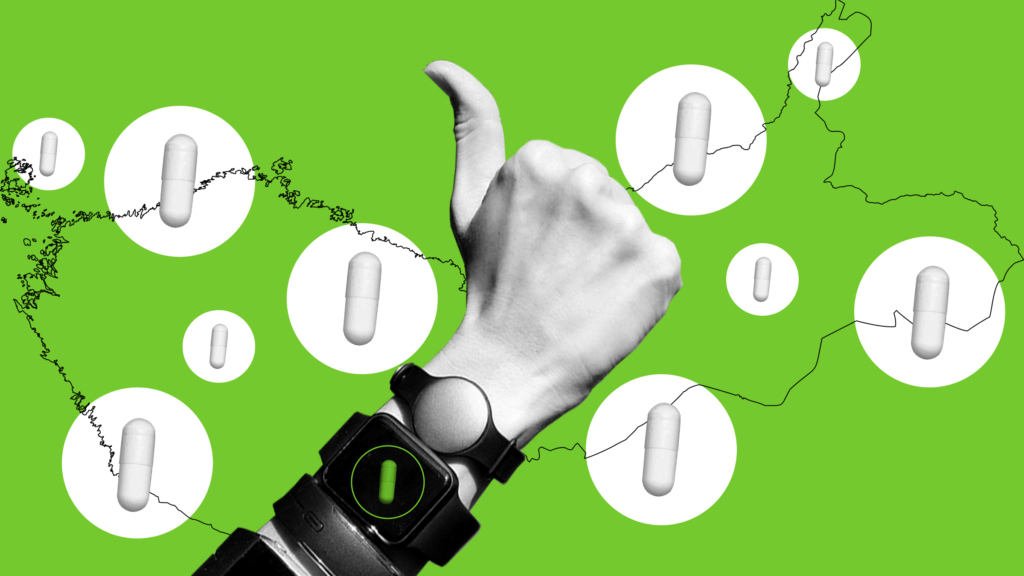Sitra is supporting the preparatory phase of three drug trials that use digital methods.
- Rokote Laboratories Finland Ltd is developing a nasal Covid-19 vaccine. The study compares different Covid-19 vaccine delivery methods and uses decentralised tools, such as reminder messages, reporting of symptoms and adverse side effects via a mobile phone app. In addition, the test subjects can give their consent to participation in the study digitally. The Sitra project is in the process of applying for a research permit and developing a research plan.
- The Hospital District of Helsinki and Uusimaa (HUS) is studying the effects of medicines on Reversible cerebral vasoconstriction syndrome (RCVS), which causes severe headaches. The syndrome has not been researched much, but evidence suggests that medicine, alcohol and high blood calcium levels may trigger it. The study compares two treatments: avoiding RCVS triggers and a combination of medical treatment and avoidance of triggers. Sitra’s project includes preparing the online survey for patients and training researchers.
- A study by the University of Jyväskylä applies digital methods to breast cancer diagnostics and follow-up. Breast cancer is the most common cancer in women, but treatment has paid little attention to the patients’ own experiences and symptom monitoring. The study combines information about HER2 genetic mutation detected with AI and patient response to treatment, experience and quality of life. Sitra’s project includes drafting the research plan and adapting an app for the symptom questionnaire.
The preparatory projects have started and are due to end in May this year. Actual studies will only begin once they have received a research permit from the Finnish Medicines Agency, Fimea.
Suitable tools and methods for decentralised research already exist, but their use is minimal. Decentralised methods streamline research, make life easier for patients and researchers and improve data quality.
“We expect that these pilots will provide insights into the benefits and challenges related to decentralisation and the use of the new methods in drug trials. We are also collecting information about the authorising body’s views on the new methods,” says Johannes Ahlqvist, a specialist at Sitra.
The projects that were selected through a call for funding cover a broad spectrum of the drug trial field, representing a variety of diseases and using a wide range of methods.
The projects are part of Sitra’s Health Data 2030 project, which creates solutions, fair rules and a bridge for cross-border health data use in Europe and supports the development of the competitiveness of the Finnish healthcare sector.
